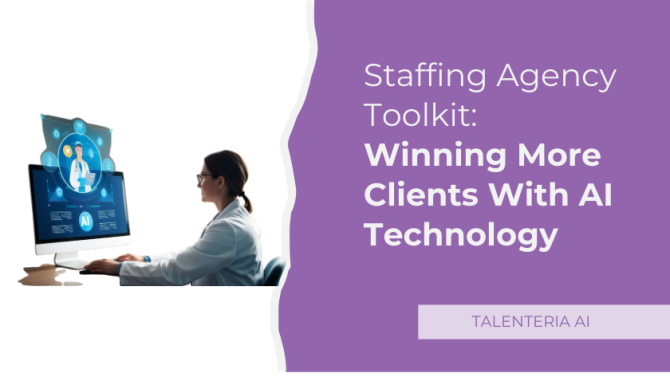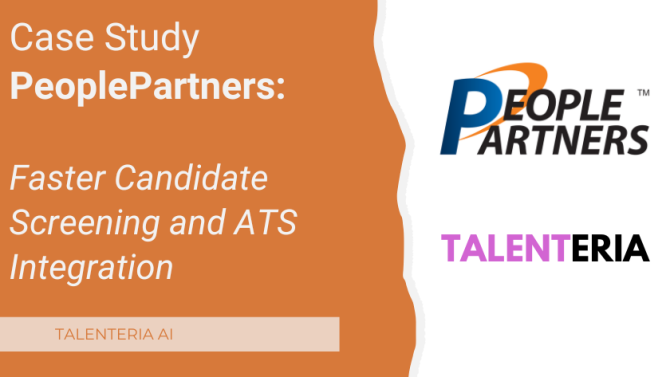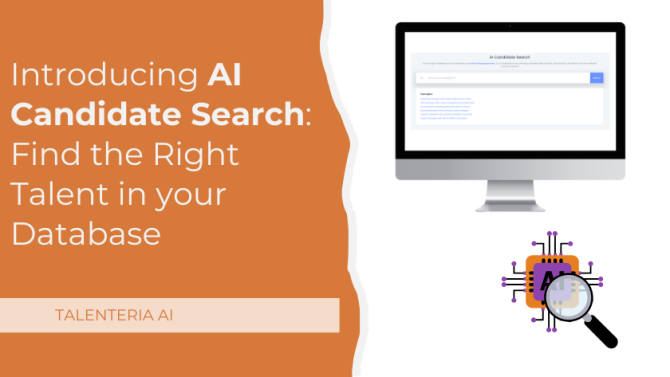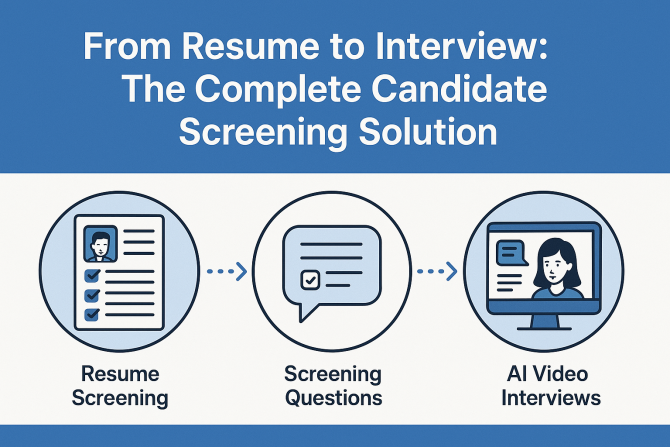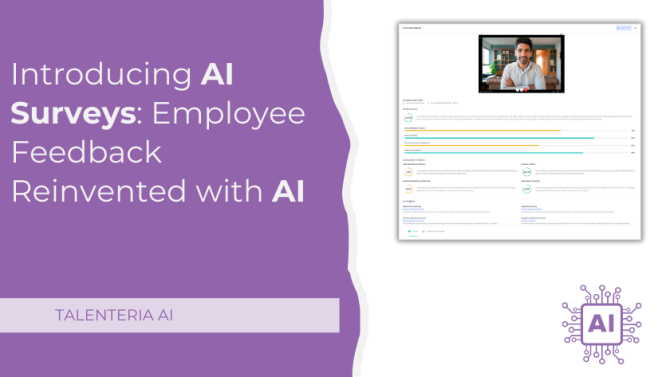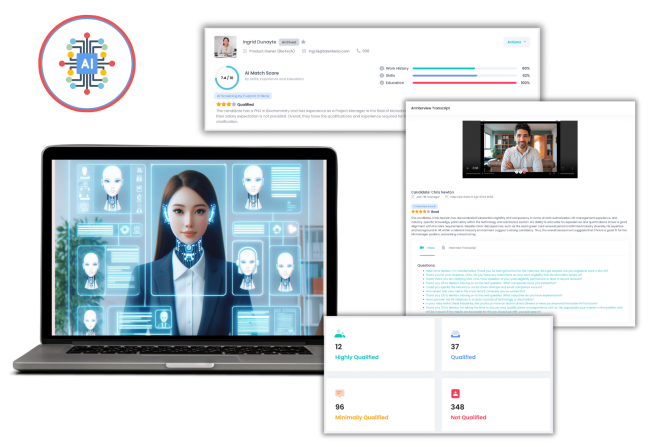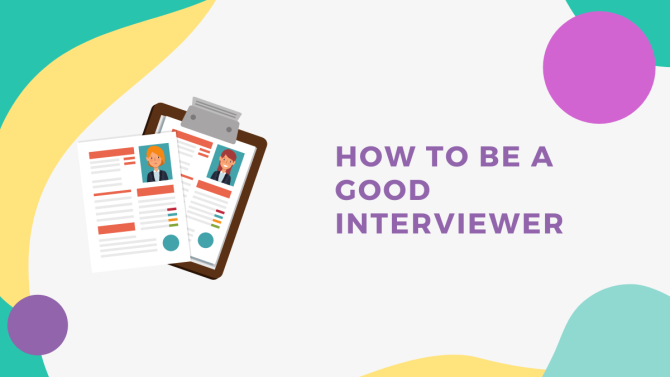
Interviews are a crucial step in the recruitment process as the insights gained from interviewing candidates are generally the deciding factor on whether to hire them. Therefore, the onus is on the interviewer to make the most of each interview they conduct or risk hiring the wrong candidate for the job.
The role of the interviewer is varied and includes multiple important responsibilities. It might be surprising for some to realize that delivering a good interview can be just as high-pressured and demanding as being the interviewee!
In this article, we will examine thoroughly everything it takes to be a good interviewer.
Characteristics of Good Interviewers
Being a good interviewer requires a combination of many aspects, both learned and innate.
A good interviewer should:
- Be a good conversationalist – being an effective communicator and holding your own in a conversation is a key quality for a good interviewer to possess. Although interviewers should come armed with a list of main questions to ask, the overall interview should still be as free-flowing and natural as any other conversation.
- Be observant – verbal communication isn't the only thing that should be assessed during the interview. Good interviewers also observe non-verbal cues and analyze body language wherever possible. This is generally more important when interviewing candidates for customer service-related jobs, as face-to-face impressions are key to the role. However, it should be noted that body language is not an exact science, and interviewers should be wary of this.
- Be a skilled notetaker – even the best memory is not infallible, so being able to take accurate and useful notes is essential. This is especially important when interviewing multiple candidates consecutively and can reduce the risk of getting details and impressions mixed up. These notes will be invaluable at a later stage when making the final decision.
- Be a good seller – the best candidates have offers coming out of their ears, so a good interviewer should have the ability to sell their company to the candidate and convince them it is their best choice. They should be familiar with the company's employee value proposition and know how to present it as an enticing selling point.
- Be unbiased – bias is a controversial concept, and there have been many studies into the nature of bias. While it is commonly agreed upon by experts that being completely unbiased is humanly impossible, a major duty of a good interviewer is to do their best to minimize their bias. Good interviewers strive to be as fair as possible when making judgments, set aside personal prejudices, and compare candidates with the utmost objectivity.
How to Be an Effective Interviewer
Being an effective interviewer requires a checklist of duties to be performed diligently before, during, and after an interview. These are:
1. Taking time to prepare
A good interviewer must have a full understanding of hiring needs. This means being intimately knowledgeable about the specifications of the job position that needs to be filled and the company culture, mission, and structure. This helps them to know what to look for in candidates and match them well with the job.
2. Choosing your questions wisely
A good interviewer knows how to ask the right questions. Every question asked during an interview should serve a specific purpose and assess all required aspects and competencies of a candidate to ascertain whether they are a right fit for the job. Questions should be relevant based on the preparation that has been undertaken. Spontaneous questions asked during the interview should also aim to gain more information on the candidate's suitability.
3. Deciding on a structure to follow for each interview
A good interviewer should plan out the structure of an interview beforehand and ensure they have enough time to cover all the topics they need. They should allocate larger proportions of time to important topics, making sure there is some wiggle room for follow-up questions in these areas. Having a structure keeps the interview organized and allows you to get the most information from the candidate in the time given, which is the primary objective.
4. Allowing the candidate to ask questions
A good interviewer allows time at the end of the interview for the candidate to ask questions regarding the job and company. They should be prepared to address any topics that have not already been covered and provide informative answers. Questions asked by the candidate should also be taken into account during the assessment, as they can be enlightening about the candidate's personality, professionalism, and priorities.
5. Implementing a standard rating system
A good interviewer will have a standardized rating system that can directly compare candidates at the end of the interview cycle. The rating system should be objective, and answers should be rated at the same time during a final review after all interviews have been conducted. This will reduce the likelihood of the halo effect influencing judgment.
6. Practicing active listening
A good interviewer will have the candidate's undivided attention. They should be focused intently on what the candidate is saying and show that they are engaged by giving a healthy level of eye contact and give verbal or non-verbal affirmations such as nodding. They should avoid interrupting or mentally preparing to ask the next question. All concentration should be on the answer that is being given at that moment.
7. Ending the interview professionally
A good interviewer provides closure and should always be able to end every interview on a positive note. They should be skilled in delivering both bad news and good news over the phone and in email as they are often tasked to inform candidates of the interview outcome. Being able to let candidates down gently in a timely and professional yet sympathetic manner reflects well on the company image.
How To Improve As An Interviewer
There are various ways to improve as an interviewer; some of the best ways are as follows:
1. Keep records.
All notes made during an interview should be organized on a computerized or paper filing system. These notes can be referred to at any time when necessary. They may also be used in a court of law should you and the company need to defend themselves against litigation from a candidate. In addition, the notes can be used to review and assess areas of self-improvement, helping you fine-tune your interview technique for future interviews.
2. Monitor results.
Let the data do the talking. By scrutinizing recruitment metrics and relevant analytics such as candidate experience and quality of hire, you can gauge your performance as an interviewer and adjust accordingly. Browsing on online company reviews such as Glassdoor or looking through feedback forms filled out by candidates, you may be able to get some honest and constructive comments. Take them into consideration if you feel they are warranted or if several candidates make the same comments.
3. Discover your biases.
Although we cannot completely eliminate all of our biases, we can at least be aware of them, subconscious or otherwise. This can be done by educating yourself on the different kinds of bias that exist and taking cognitive association tests such as Havard's IAT. By identifying your biases, you can be more mindful of them clouding your judgments.
4. Interview with co-workers.
Sometimes interviewers may feel more comfortable getting assistance from another co-worker to conduct an interview. Sharing the responsibilities can allow both interviewers to be more attentive to the candidate. By taking turns, each interviewer will have more time in between to observe, assess, and take notes.
5. Be willing to go off-script.
Don't be afraid to stray from the list of planned questions. A good interview should be conversational and as the interviewer. You should be flexible in your approach and avoid being robotic. Grab every chance to ask follow-up questions when the opportunity arises organically during the interview. These exploratory questions will solicit more interesting information from the candidate and allow the candidate to elaborate further on their skills and experiences.
6. Practice note-taking
Effective note-taking is an art that takes sometimes takes practice, and some methods are better than others, such as the Cornell Method. It is important not only to be able to make notes quickly but also to jot down notes that are concise, clear, and accurate. Notes should stick to explicit facts and key parts of statements rather than be overly reductive or your interpretation of their statements.
When notes are not taken well, you increase the risk of misconstruing them and causing you to either dismiss a great candidate on erroneous grounds or mistakenly hire someone based on imprecise assessments.
Being a good interviewer takes meticulous preparation, an aptitude for communication, and a lot of practice. But the ability to pick the right candidate after a definitive interview is a highly valuable skill in recruitment.
Therefore, it is important to put effort into honing the essential skills highlighted in his article to become a good interviewer. Above all else, a good interviewer should always aim to create an experience that brings out the best in the candidate. In doing so, a good interviewer can make the difference between a right or wrong hire, saving companies time and money.
Want to get more high-quality job applicants and get started on top-notch interviews? Check out the Talenteria recruitment marketing and career portal platform
